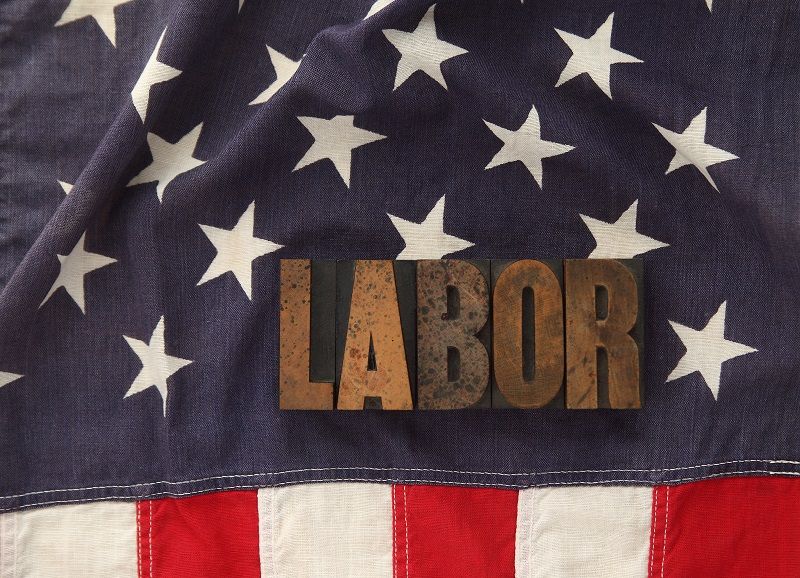By Steve Buckstein
On June 27 the U.S. Supreme Court restored First Amendment rights of free speech and free association for public employees in Oregon and nationwide. This is truly a victory for everyone who values the freedom of workers to associate with and financially support only those organizations with which they agree.
Ruling in favor of Illinois public employee Mark Janus in Janus v. American Federation of State, County, and Municipal Employees (AFSCME), the Court said he, and all other public employees nationwide, do indeed have Constitutional Rights that have been violated by the collection of so-called “fair share” or “agency” fees from their paychecks to pay for services the employees don’t want, or from unions whose political goals they oppose.
The union compulsion the Court just ended for public employees brings to mind the well-known statement by Thomas Jefferson:
“To compel a man to furnish funds for the propagation of ideas he disbelieves and abhors is sinful and tyrannical.”
The Janus case is the latest to come before the Supreme Court pitting individual workers against the powerful unions that seek to take their money without their consent. In Abood v. Detroit Board of Education (1977), public sector unions were allowed to impose fees on all workers for collective bargaining purposes.
Then, in Communications Workers of America v. Beck (1988), the Court found that unions could not compel fees for political purposes that workers opposed. Finally, in 2014 the Court went further in Harris v. Quinn and ruled that at least some workers could opt out of both the political and bargaining portions of public sector union dues.
This set the stage for freeing all public sector workers from forced union dues as Mark Janus successfully argued that everything his public sector union does, including collective bargaining with public bodies, is inherently political, and therefore he should not be compelled to support that organization with his money.
Union arguments that they should collect fees from all workers because they represent them all increasingly ring hollow because unions aren’t really required to represent all workers; they want to represent them so they can collect more dues revenue. They could just as well lobby to represent only those workers who voluntarily agree to pay them, but they haven’t done so─yet. Now, with this Court decision public sector unions may change their tune, not because they want to, but because the law of the land makes it the best option for these unions to retain relevance with workers who do want their services.
The Janus decision comports with the sentiments of most Oregonians. Several scientific surveys have been conducted in recent years to see how the public and members of union households feel about these issues. A 2013 survey found that more than 30 percent of Oregon union households would opt out of union membership if they could do so without penalty. In 2014, more than 80 percent of all Oregonians surveyed agreed that employees should be able to choose whether or not to join a union or pay union dues.
In 2015, members of Oregon union households were asked, “Are you aware that you can opt-out of union membership and of paying a portion of your union dues without losing your job or any other penalty?” Over 27 percent of Oregon union household members surveyed answered “no.” This implies that over 65,000 of Oregon’s some 243,000 union members that year didn’t realize that membership and some dues are optional. This is even more surprising given that their so-called “Beck rights,” granted by the Supreme Court in the 1988 CWA v. Beck case are named after Harry Beck, who is now retired in Oregon and is still advocating for worker freedom.
Nothing in the Janus decision prohibits unions from organizing and collecting voluntary dues from public employees. The ruling simply restores the First Amendment rights of public employees to say “no” to unions with which they don’t want to associate.
Cascade Policy Institute stands with Mark Janus and with Oregon public employees, including public school teachers, who believe as he does that they want their Constitutional rights to free speech and free association protected. Now, the Supreme Court has done just that.
Steve Buckstein is Senior Policy Analyst and Founder at the Portland-based Cascade Policy Institute, Oregon’s free market public policy research organization. A version of this article originally appeared in The Portland Tribune on July 2, 2018.
Click here for the PDF version:
18-11-Supreme_Court_Rules_in_Favor_of_Public_Employee_Worker_Freedom












